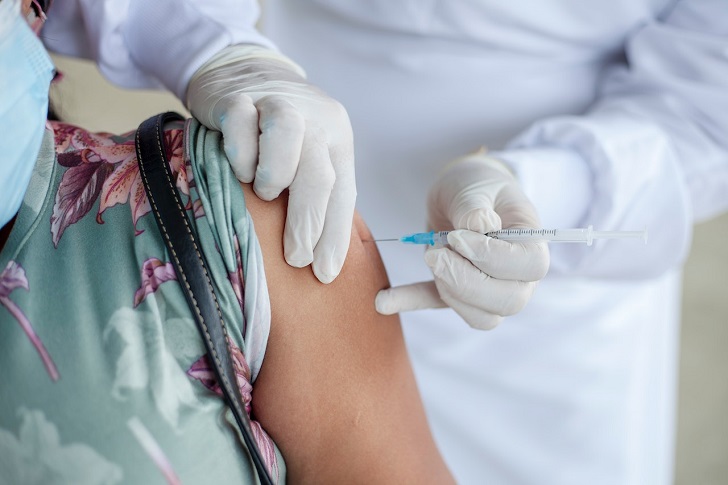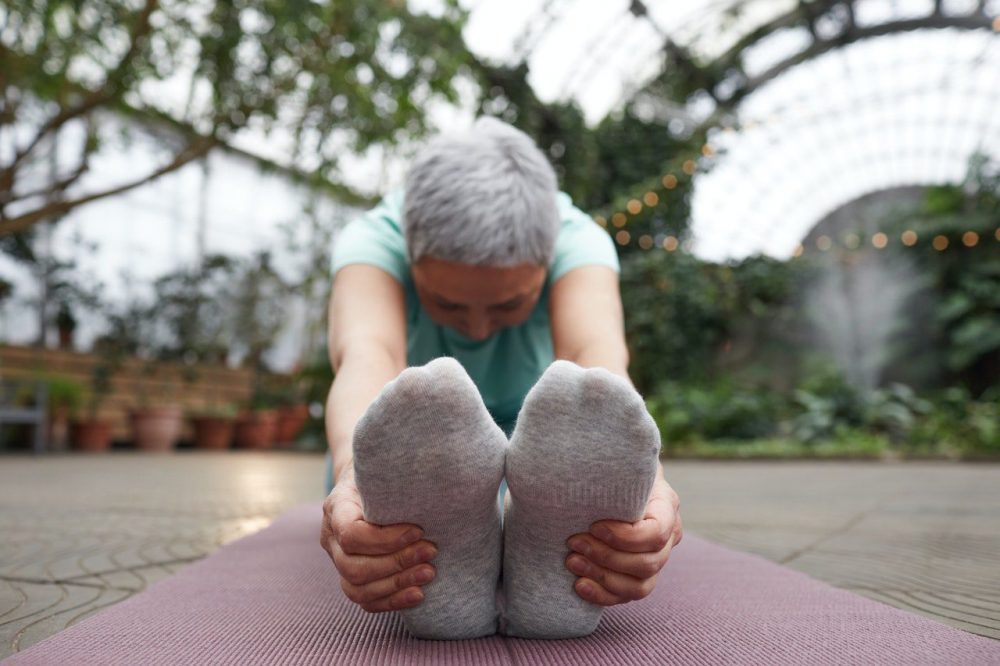Exercise is often touted for enhancing physical fitness, boosting mental well-being, and helping manage weight. However, another remarkable advantage of regular physical activity is its positive impact on the immune system. The immune system serves as our body's defense mechanism against harmful pathogens, and maintaining its optimal function is essential for overall health.
This article will explore how regular exercise benefits your immune system and ultimately promotes better health and well-being.
Stress Reduction
Stress can negatively impact the immune system by increasing the production of stress hormones like cortisol, which can suppress immune function. Exercise is a potent stress reliever. It triggers the release of endorphins, the body's natural mood elevators, which can counteract the negative effects of stress on the immune system. By reducing stress, exercise indirectly supports immune health.

FRANK MERIÑO/ Pexels | The difference between a dream and a goal is a plan and a deadline
Improved Circulation
One of the first physiological changes during exercise is increased heart rate and blood flow. As your heart pumps more blood, it carries immune cells and other crucial components throughout your body.
This enhanced circulation allows immune cells to move more freely, helping them reach potential threats more quickly and effectively. This improved circulation also facilitates the removal of waste products from the body, further supporting immune function.
Enhanced Immune Cell Function
Regular exercise has been shown to enhance the function of various immune cells, such as natural killer (NK) cells, neutrophils, and macrophages. These cells play crucial roles in identifying and eliminating pathogens like bacteria and viruses. Exercise stimulates the production of these immune cells and improves their ability to perform their functions efficiently.
Reduced Inflammation
Chronic inflammation is a common factor in many chronic diseases, and it can weaken the immune system. Regular physical activity has been found to reduce chronic inflammation by regulating the production of inflammatory molecules called cytokines.
By dampening chronic inflammation, exercise helps maintain a balanced immune response and protects against diseases related to excessive inflammation, such as heart disease and autoimmune disorders.

Jack Sparrow/ Pexels | Exercise causes the release of dopamine and serotonin
Enhanced Antioxidant Defense
Regular physical activity increases the production of antioxidants in the body. Antioxidants are essential for neutralizing harmful free radicals that can damage cells and compromise the immune system. By boosting your body's antioxidant defense mechanisms through exercise, you can help protect your immune cells from oxidative stress and maintain their optimal function.
Improved Gut Health
The gut microbiome plays a critical role in immune system regulation. Regular exercise has been associated with a more diverse and balanced gut microbiome linked to better immune function. A healthy gut microbiome helps maintain the gut barrier's integrity, preventing harmful pathogens from entering the bloodstream and causing infections.
Enhanced Lymphatic System Function
The lymphatic system removes waste and toxins from the body and plays a vital role in immune function. Exercise stimulates the flow of lymphatic fluid, helping the lymphatic system work more efficiently. This enhanced function supports the immune system by effectively removing waste products and potentially harmful substances.

Pixabay/ Pexels | The more you work out, the weaker your excuses become.
Weight Management
Maintaining a healthy weight is essential for overall health, including immune function. Obesity has been linked to a weakened immune system and increased susceptibility to infections. Regular exercise is a key component of weight management, helping individuals maintain a healthy body weight and reducing the associated risks to the immune system.
Enhanced Vaccine Response
Exercise can improve the body's response to vaccinations. When you engage in regular physical activity, your immune system produces antibodies in response to vaccines more efficiently. This means that vaccination can provide better protection against infectious diseases, further highlighting the benefits of exercise for immune health.










